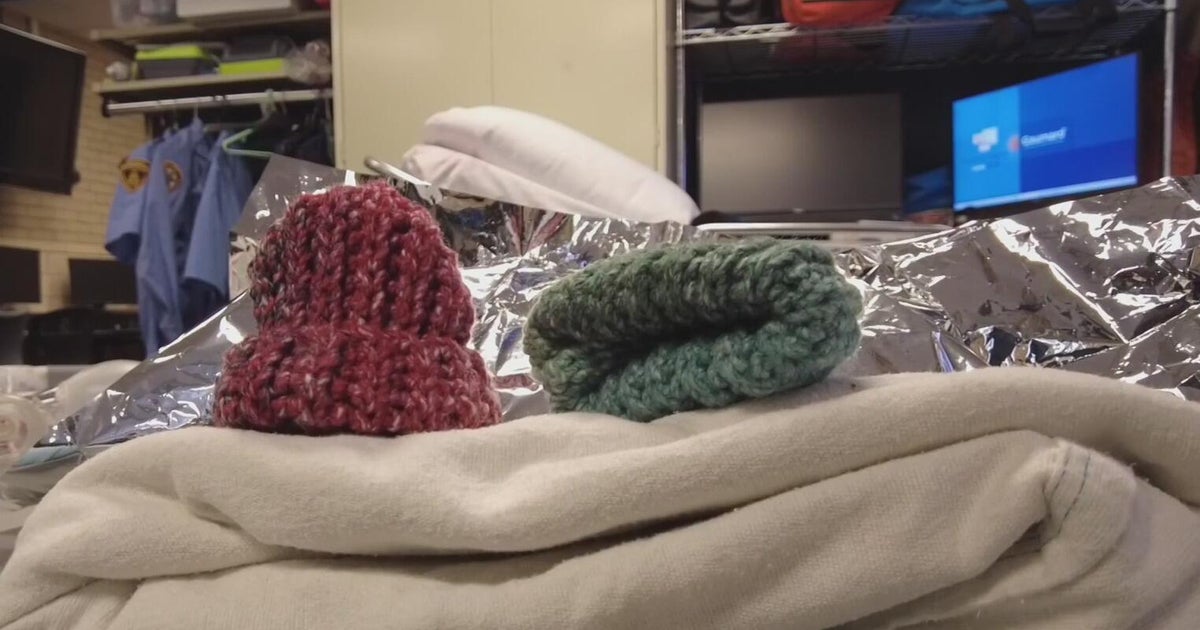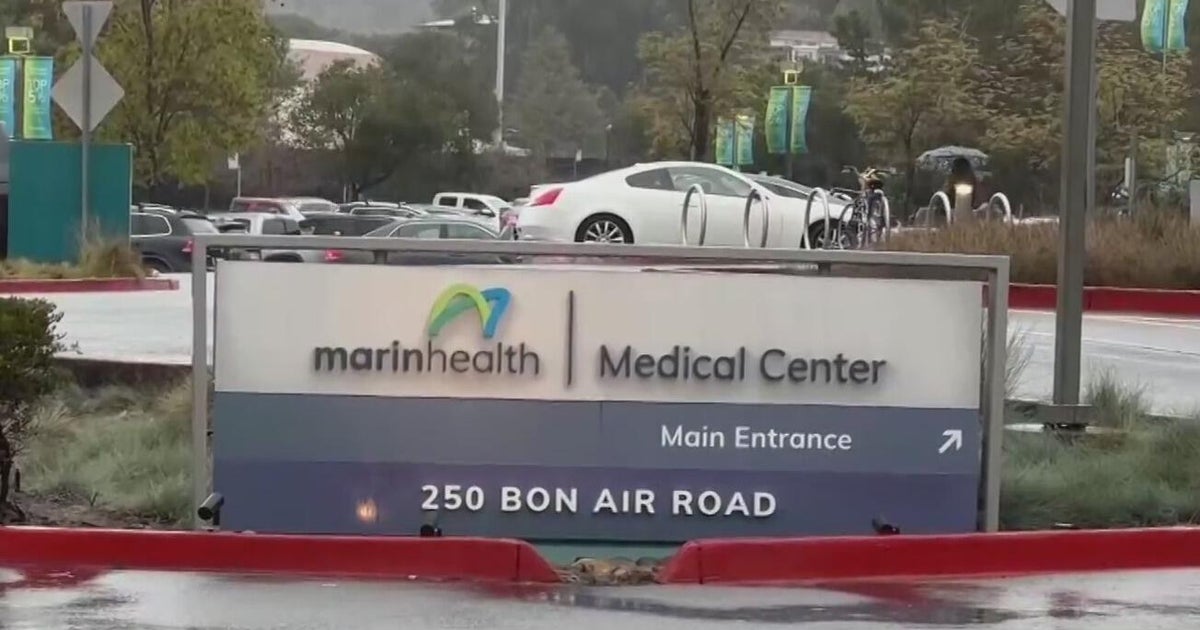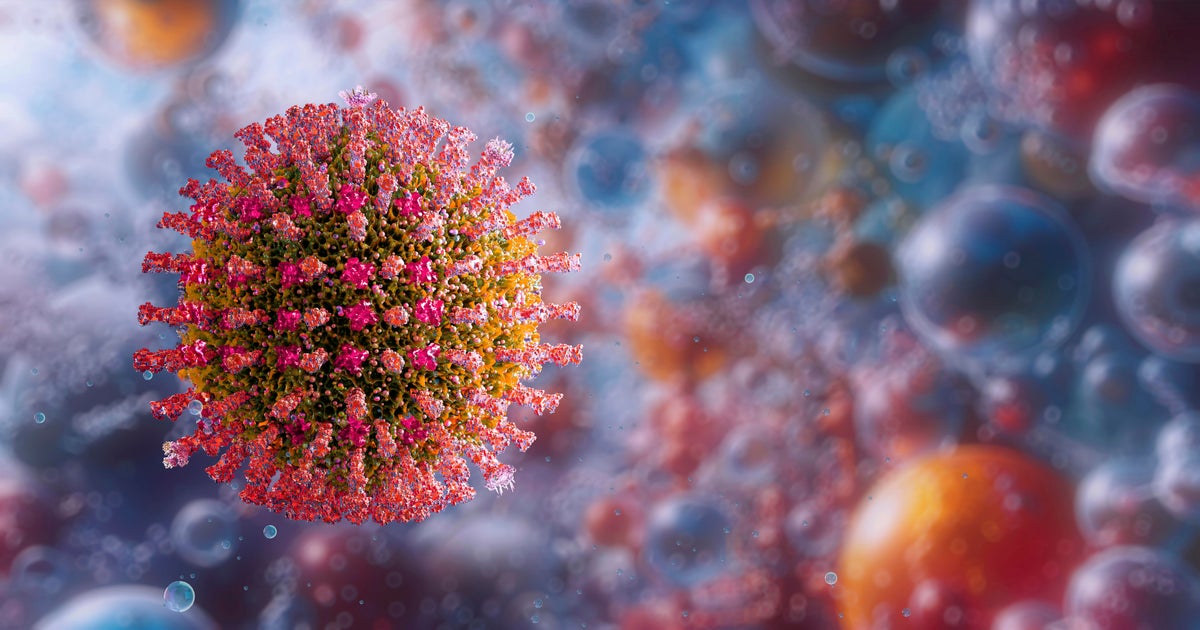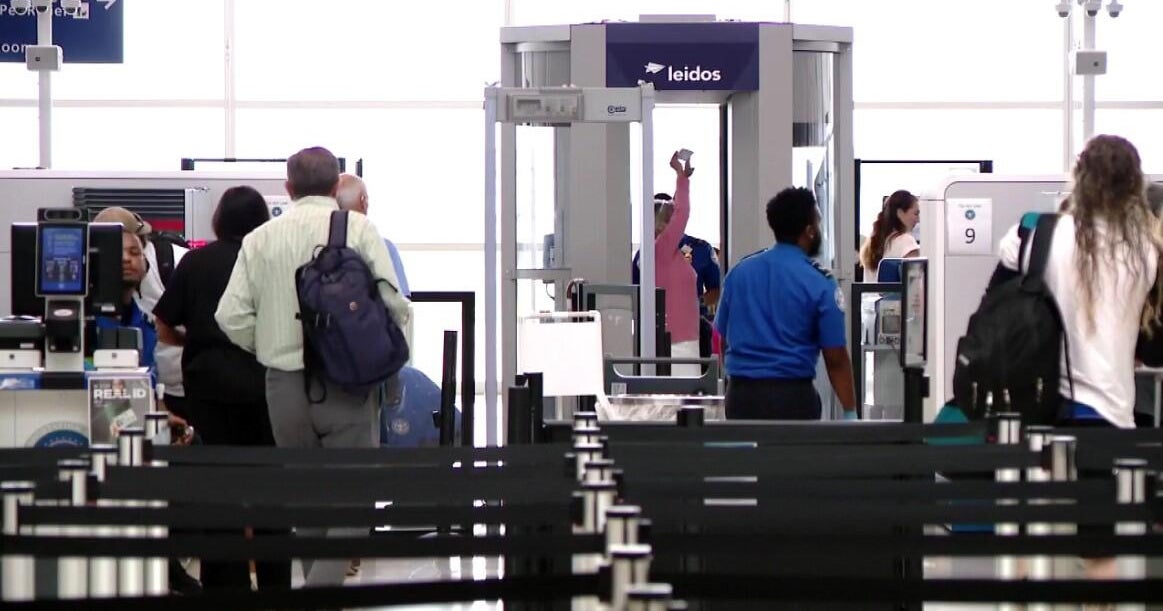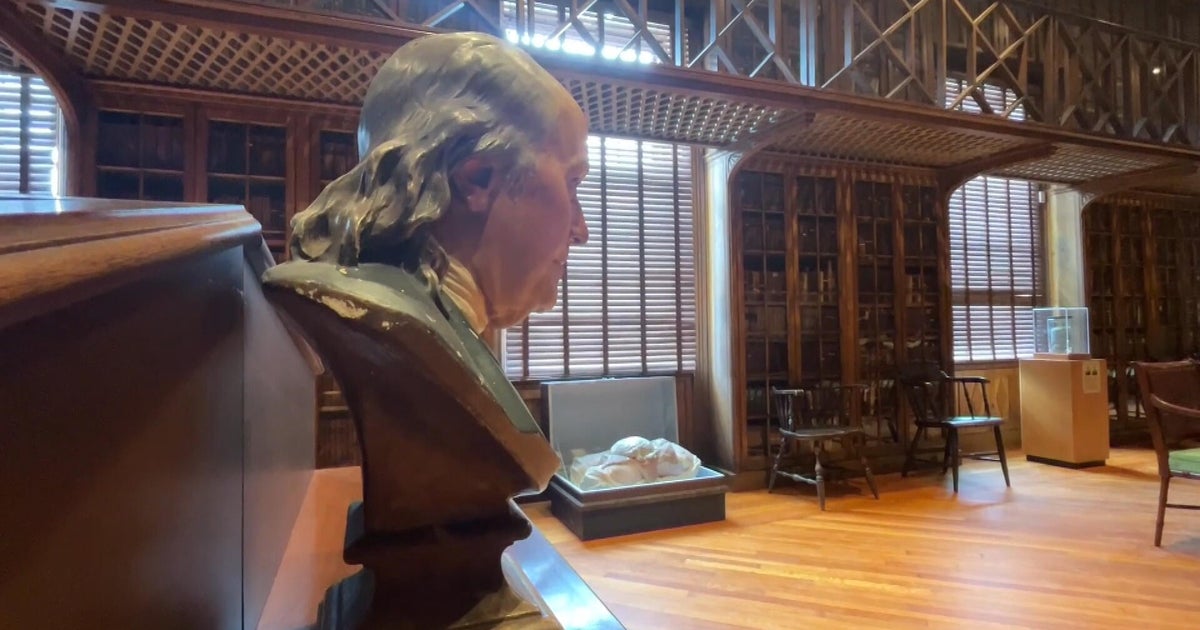COVID-19 In Pennsylvania: Health Secretary Dr. Rachel Levine Encourages Hospitals To Vaccinate Frontline EMS Workers
HARRISBURG (KDKA) - Pennsylvania Health Secretary Dr. Rachel Levine is calling on hospitals to get other health care providers vaccinated against coronavirus, including frontline EMS workers.
"My message today to hospitals is to start to reach out and to work together with EMS providers and the agencies as well as other non-affiliated health care providers and work to get them vaccinated as soon as possible," said Dr. Levine at a press conference Wednesday.
She says so far 41,444 healthcare workers have received their first shot, and over 30,000 more Pfizer vaccines are on their way. There's also now a second vaccine from Moderna that will be "flowing this week," she says.
Next week a federal partnership with CVS and Walgreens kicks in, offering on-site vaccinations for residents and staff at skilled nursing facilities.
RELATED STORIES:
- COVID-19 In Washington County: 19 Firefighters From Charleroi Fire Department Get Vaccine
- FDA Issues Emergency Use Authorization For Moderna COVID-19 Vaccine
- COVID-19 In Pittsburgh: County Executive Rich Fitzgerald Opens Up About Moderna Vaccine Trial
- FDA Vaccine Advisory Committee Recommends Moderna COVID-19 Vaccine For Emergency Use Authorization
- COVID-19 In Pittsburgh: VA Healthcare System Begins Administering COVID-19 Vaccines
- COVID-19 In Pennsylvania: Vaccine Distribution Is Going 'Smoothly,' Says Health Secretary Dr. Rachel Levine
- COVID-19 In Pittsburgh: Pharmacy Students Vaccinate UPMC Employees Running Vaccine Clinic
- COVID-19 In Washington County: Monongahela Valley Hospital Worker Gets County's First Coronavirus Vaccination
- COVID-19 In Pittsburgh: Nurse Who Received Vaccine Calls Experience An 'Honor'
- COVID-19 In Pennsylvania: Coronavirus Vaccine Months Away For General Public, Dr. Rachel Levine Says
- COVID-19 In Pittsburgh: UPMC Frontline Workers Administered With First Doses of Coronavirus Vaccine
"Every health care worker who wants to be vaccinated will be vaccinated whether they are affiliated with a hospital or not," she said.
She says EMS agencies should reach out to hospitals and hospitals should reach out to EMS agencies, with the health department facilitating the discussions.
Every day the EMTs of Eastern Area Prehospital Services risk infection, providing emergency medical care to members of the public who need it, even if they could be suffering from coronavirus.
"I think it's a great idea. Our men and women, they go out every day not know what they're going to come across," said Stephen Shurgot, Eastern Area's executive director.
Following CDC guidelines, the state is rolling out phase 1 of the vaccine distribution in three groups. Group 1a would be those healthcare workers and residents, but the state says it now has enough supply to begin services to group 1b, which includes people 75 and older and frontline essential workers, designated as EMS.
Next in line is group 1c which includes people 64 to 74 and people 16 to 64 with high-risk medical conditions. It also includes other essential workers who come in contact with the public, including police and fire. Distribution plans for the final groups haven't been announced and others must wait.
It will be months before vaccine manufacturers can produce enough to immunize the general public, Dr. Levine says, so mitigation is "more important than ever."
"As we approach the holiday season we cannot let our guard down. We must stay the course. We must continue to follow our personal and collective responsibility to each other to prevent the spread of this virus," she said.
Shurgot urged the public to avail themselves of the vaccine as it becomes available.
"Trusting science, I don't see any adverse effect, and if it helps beat this coronavirus, as many people who can get it should," Shurgot said.
Right now Dr. Levine says cases are continuing to plateau and she's urging people to avoid all gatherings this holiday season.
As for anticipating a holiday surge and prolonging the current temporary restrictions, she says, "If there's an enormous spike in cases, that would be very challenging. If the cases remain plateaued or even go down, that would be a positive finding that would influence our decision about mitigation."
